Available 24/7
Available 24/7
 Save 45%
Save 45%
(MRP Inclusive of all taxes) Shipping ₹79 for entire order Dispatch in 7 days Country of origin: India Today's Offer Get ₹249 Air Purifier ...
View full details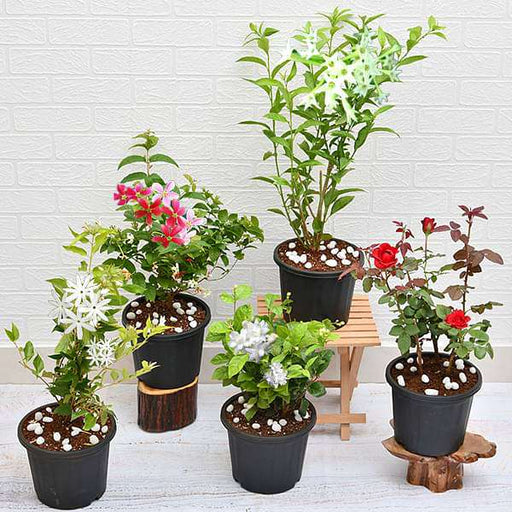 Save 12%
Save 12%
(MRP Inclusive of all taxes) Shipping ₹79 for entire order Dispatch in 7 days Country of origin: India Today's Offer Get ₹249 Air Purifier M...
View full details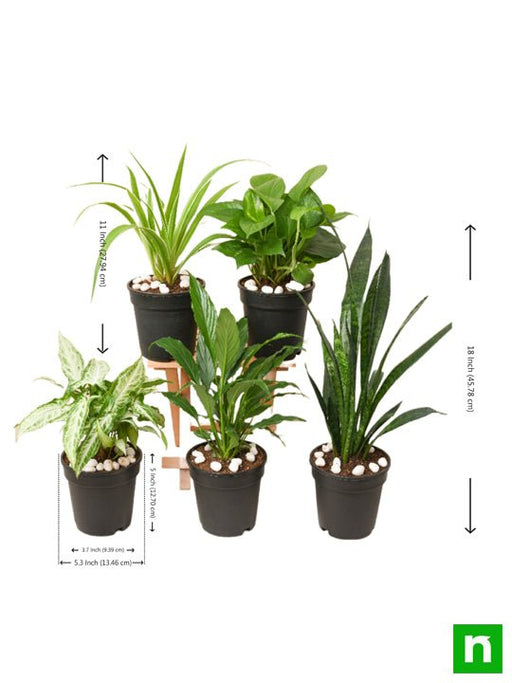
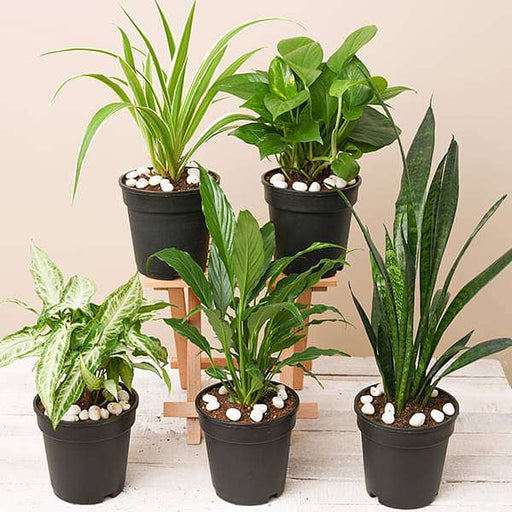 Save 21%
Save 21%
(MRP Inclusive of all taxes) Shipping ₹79 for entire order Dispatch in 7 days Country of origin: India Today's Offer Get ₹249 Air Purifier M...
View full details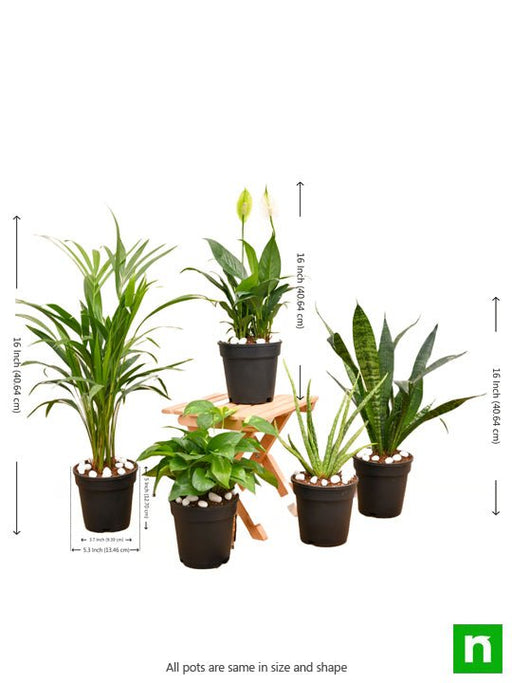
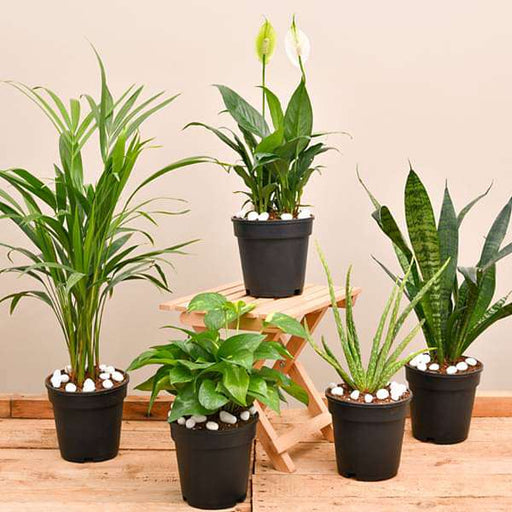 Save 20%
Save 20%
(MRP Inclusive of all taxes) Shipping ₹79 for entire order Dispatch in 7 days Country of origin: India Today's Offer Get ₹249 Air Purifier M...
View full details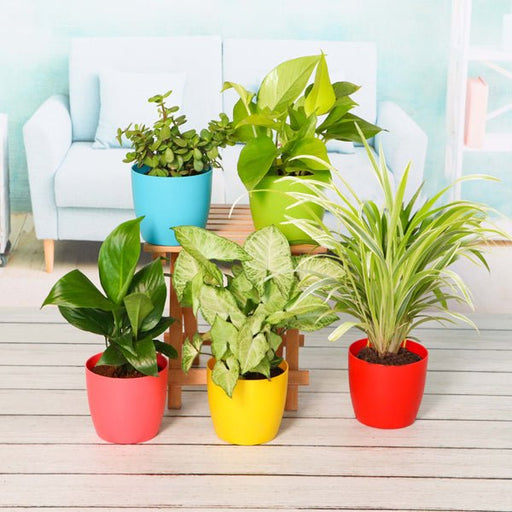 Save 16%
Save 16%
(MRP Inclusive of all taxes) Shipping ₹79 for entire order Dispatch in 7 days Country of origin: India Today's Offer Get ₹249 Air Purifier M...
View full details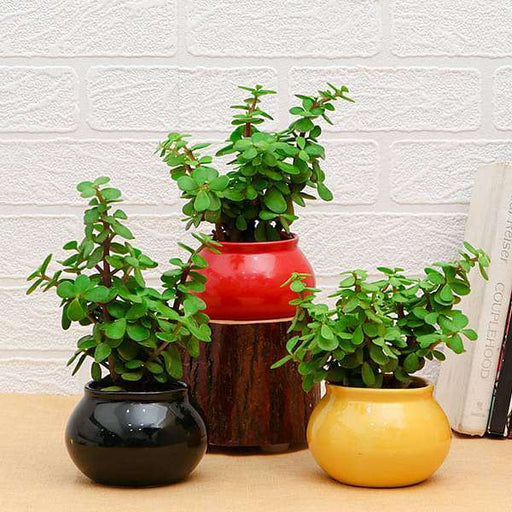 Save 22%
Save 22%
(MRP Inclusive of all taxes) Shipping ₹79 for entire order Dispatch in 7 days Country of origin: India Today's Offer Get ₹249 Air Purifier M...
View full details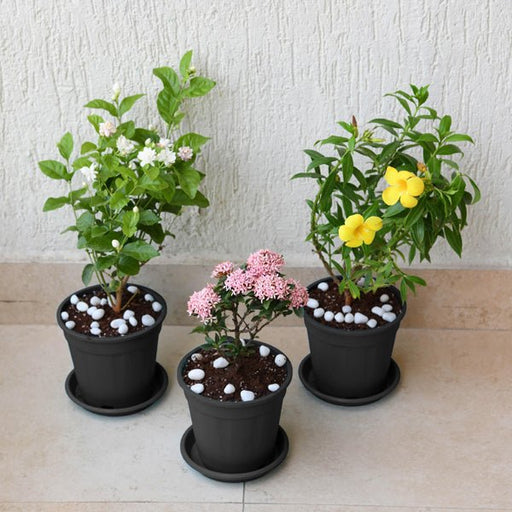 Save 17%
Save 17%
(MRP Inclusive of all taxes) Shipping ₹79 for entire order Dispatch in 7 days Country of origin: India Today's Offer Get ₹249 Air Purifier M...
View full details




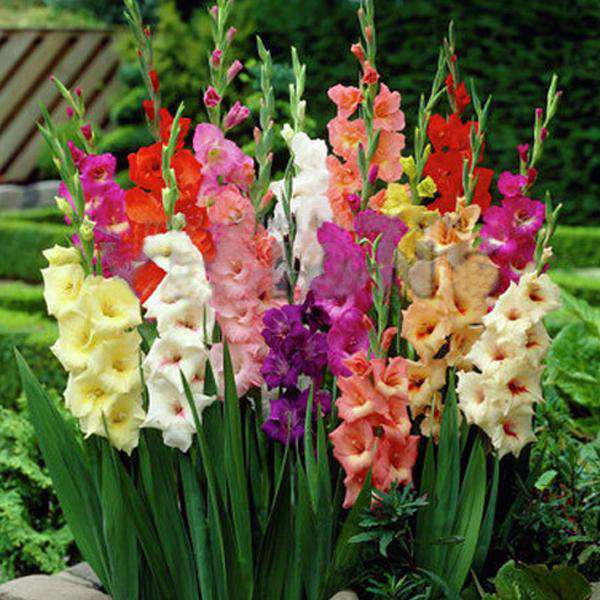
Do you know about the plants, never devoured by bugs, but instead they devour the bugs themselves? Carnivorous plants obtain their necessary nutrients by trapping the insects and eating them.
And you can find around 700 species of these carnivorous plants all over the world. These plants can easily trap insects to fulfil their nutritional requirements, like phosphorus and nitrogen.
To get the know-how in details on these funnel-shaped carnivorous plants, keep reading its importance, uses and associated care-guidelines provided below.
Carnivorous plant Varieties
Carnivorous plants are the low-maintenance and easy-growing foliage, provided you try following a handful of simple care guidelines.
Carnivorous plants are popular among gardeners, especially those who love a bit of adventure in their life, and garden! Their amazing and interesting characteristics add-on to variation into any gardener's paradise. And now that you are well-aware of its uses and aftercare, feel free to check its varieties, plant specifications, care, along with its several benefits from Nurserylive’s online store and cherry-pick your preferred insectivorous plant!
Venus Flytraps are one of the most well-known carnivorous plants. They have unique traps that snap shut when triggered by a flying or crawling insect. Consider learning more about these fascinating plants and how to care for them.
Pitcher Plants are another popular type of carnivorous plant. They have long, tubular leaves that form a pitcher-like shape and are filled with digestive enzymes. Consider adding a Pitcher Plant to your carnivorous plant collection.
Sundews are carnivorous plants with leaves covered in sticky, glandular hairs that trap insects. The hairs then curl around the insect, releasing digestive enzymes to break it down. Consider adding a Sundew to your indoor or outdoor garden.
Nepenthes, also known as tropical pitcher plants, are carnivorous plants with pitcher-like leaves that are filled with digestive enzymes. They are native to tropical regions and are prized for their unique appearance. Consider learning more about Nepenthes and how to care for them.
Drosera, also known as the "sundew" family, are carnivorous plants with sticky, glandular hairs that trap insects. They are found in a wide variety of habitats, from deserts to swamps. Consider adding a Drosera to your carnivorous plant collection.
Sarracenia, also known as North American pitcher plants, are carnivorous plants with trumpet-shaped leaves that form a pitcher. They are native to the eastern United States and are known for their stunning coloration. Consider adding a Sarracenia to your carnivorous plant collection.
Bladderworts are carnivorous plants with tiny, bladder-like traps that suction in small aquatic organisms. They are found in aquatic habitats around the world and are prized for their unique and efficient hunting strategy.
Butterworts are carnivorous plants with leaves covered in sticky, glandular hairs that trap insects. They are found in a wide range of habitats, from bogs to mountain tops. Consider adding a Butterwort to your carnivorous plant collection.
Cobra Plants are carnivorous plants with a unique hooded structure that resembles a cobra's head. They are native to California and Oregon and are prized for their striking appearance.
Waterwheel Plants are carnivorous plants that live underwater and have blade-like leaves that spin like a waterwheel to trap small aquatic organisms. They are found in aquatic habitats around the world and are prized for their unique and efficient hunting strategy.
Flypaper Traps are carnivorous plants with sticky leaves that trap insects. They are found in a variety of habitats and are known for their effective trapping strategy. Consider adding a Flypaper Trap to your carnivorous plant collection.
Lobster Plants are carnivorous plants with unique, lobster-like leaves that trap insects. They are native to Mexico and are prized for their striking appearance.
Trumpet Plants are carnivorous plants with trumpet-shaped leaves that form a pitcher. They are native to North America and are known for their striking coloration. Consider adding a Trumpet Plant to your carnivorous plant collection.
Cultivating Venus Flytraps can be a fun and rewarding process. Consider learning more about Venus Flytrap care and cultivation techniques to keep your plant healthy and happy.
Cultivating Pitcher Plants can be a challenging but rewarding process. Consider learning about Pitcher Plant care and cultivation techniques to help your plant thrive.
Creating a carnivorous plant terrarium can be a unique and fun way to showcase these fascinating plants. Consider researching carnivorous plant terrarium setups and creating your own.
Carnivorous plants require a special type of soil that is low in nutrients and high in acidity. Consider learning about the best soil options for carnivorous plants to help your plants thrive.
Carnivorous plants can be used as a natural form of pest control in your garden or home. Consider adding carnivorous plants to your pest control strategy to help control unwanted insect populations.
Many species of carnivorous plants are threatened by habitat loss and other environmental factors. Consider supporting carnivorous plant conservation efforts to help protect these unique and important plants.
Carnivorous plants can be a fascinating subject for art and illustration. Consider exploring carnivorous plant art and adding a carnivorous plant-themed piece to your home decor.
Carnivorous plants are a type of plant that are capable of trapping and digesting small insects and other arthropods to supplement their nutrition.
Some common types of carnivorous plants in India include the Venus Flytrap, Pitcher Plant, Sundew, and Bladderwort.
Carnivorous plants can grow in a variety of environments, but they are typically found in habitats that are low in nutrients, such as bogs, swamps, and other wetlands.
Carnivorous plants obtain nutrients by trapping and digesting small insects and other arthropods. They use various mechanisms such as sticky surfaces, trapdoors, and suction to capture their prey.
Yes, carnivorous plants can be grown indoors. They require bright, indirect sunlight and high humidity, and should be planted in a well-draining soil mix.
Carnivorous plants require a special soil mix that is low in nutrients and high in acidity. A mix of peat moss and sand is often used.
Carnivorous plants should be kept moist, but not waterlogged. They should be watered with distilled or rainwater, as tap water can contain minerals that are harmful to the plants.
Yes, carnivorous plants can be grown in terrariums. Terrariums provide a high humidity environment that is ideal for these plants.
No, carnivorous plants do not require fertilizer. They obtain their nutrients from the insects and other arthropods they capture.
A healthy carnivorous plant will have vibrant, green leaves and a well-developed trap or pitcher.
Yes, carnivorous plants can be propagated through various methods such as leaf cuttings, seed germination, and division.
Carnivorous plants require specific care and can be challenging to grow. However, with the right conditions and care, they can thrive.
Yes, carnivorous plants can be grown outdoors in India. They can be grown in shaded areas that receive indirect sunlight and should be protected from extreme temperatures.
Carnivorous plants do not attract pests, but they do trap insects and other arthropods.
Carnivorous plants should be repotted when the pot becomes overcrowded or the soil begins to break down. This is typically done every 2-3 years.
Yes, carnivorous plants can be grown in hanging baskets. However, they should be planted in a well-draining soil mix and should not be overwatered.
Carnivorous plants do not require pruning. However, dead or damaged leaves can be removed using sharp scissors or shears.
Yes, carnivorous plants can be grown in hydroponics. They can be grown in a nutrient-poor medium such as sphagnum moss or coconut coir.
Carnivorous plants require a special soil mix that is low in nutrients, with a high percentage of organic matter like peat moss and perlite. Nurserylive offers a range of soil mixes specifically designed for carnivorous plants.
Yes, many carnivorous plants can survive indoors, but they require specific growing conditions such as bright, indirect sunlight, high humidity, and appropriate soil mix. Some popular indoor carnivorous plants include Venus flytraps, pitcher plants, and sundews.
Yes, carnivorous plants require insects or other small prey to supplement their nutrient needs, as they grow in nutrient-poor soil. However, they do not require regular feeding and can also survive on a diet of just water and sunlight.
Yes, carnivorous plants can be grown from seeds. However, it requires special attention and care to ensure proper germination and growth. Nurserylive offers a variety of carnivorous plant seeds for sale.
Carnivorous plants require constant moisture in their soil, so it is important to keep their soil moist but not waterlogged. It is recommended to water them with distilled or rainwater to avoid mineral buildup in their soil.
It is not recommended to grow carnivorous plants together with other plants, as they have specific growing requirements that may not be compatible with other plants. They should be grown separately in their own pots.
Yes, carnivorous plants can have flowers. In fact, some species of carnivorous plants have stunning and unique flowers that attract pollinators.
Yes, carnivorous plants can be grown in terrariums, as they require high humidity and a moist environment to thrive. However, it is important to ensure proper ventilation to prevent mold and fungal growth.
Yes, carnivorous plants can be propagated through various methods such as leaf cuttings, stem cuttings, and division of mature plants. However, it requires careful attention and proper technique to ensure successful propagation.
Most carnivorous plants are safe for pets and children, as their digestive enzymes are not harmful to humans or animals. However, it is important to keep the plants out of reach of children and pets to avoid accidental ingestion of leaves or other plant parts.